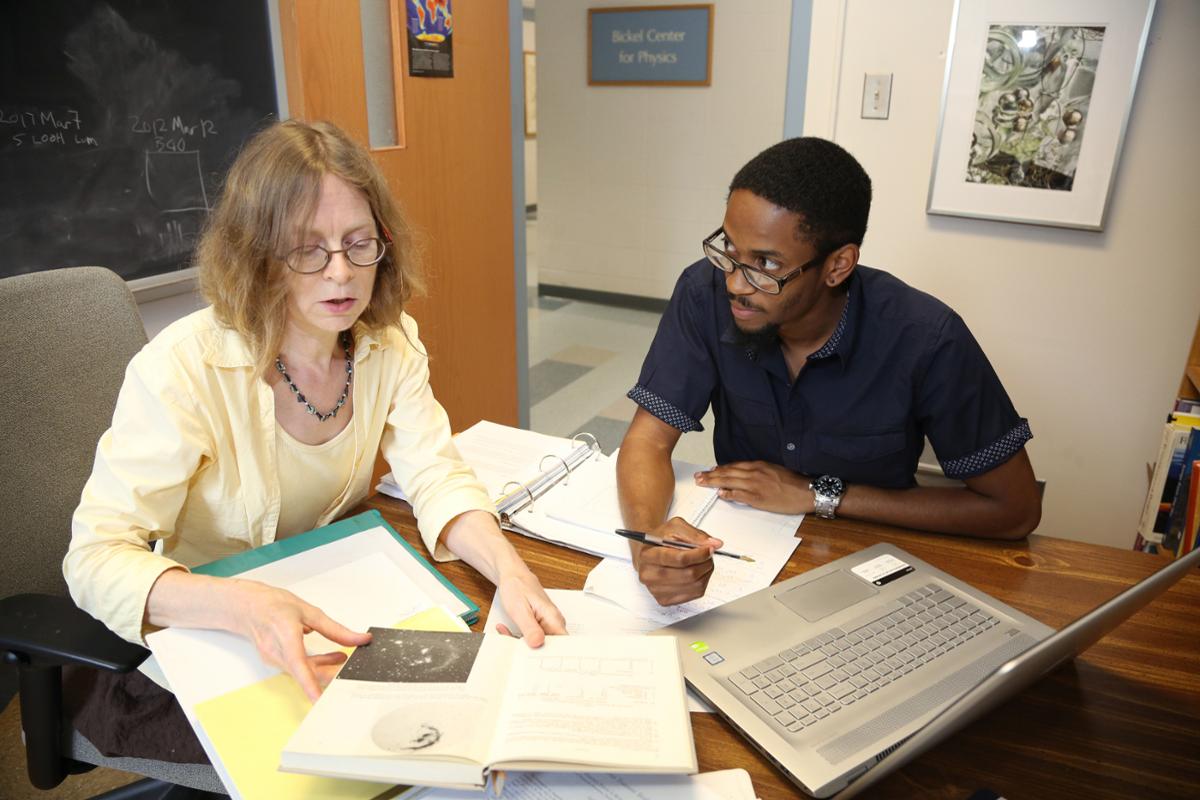Academic Advising
Fostering Student Agency
Faculty are central to the system of academic support at Franklin & Marshall. One of our guiding principles is the belief that academic advising is a natural component and extension of classroom teaching.
F&M’s faculty-based advising program blends practical and holistic advice to foster agency in your college experience. With the guidance of your faculty adviser, you will reflect critically on your academic aspirations and goals to connect your interests to meaningful experiences. Your advising will evolve alongside your academic progression, ensuring a customized experience that best suits your development and success.

As a first-year student, you are at a crossroads moment of your life. This might be
the first time you're living away from home, and processing this first step towards
adulthood might be complex. In addition, you'll be adjusting to F&M, learning about
the College's resources and networks and determining how to build the right education
for you. Your faculty adviser will support you in assimilating to F&M guided by a series of
first-year milestones that will set you up for success. We value that each student
has a diverse set of goals and experiences, so we expect that faculty advisers will
adapt this guide to meet your individual needs. Conversations to look forward to: Many second-year students focus on exploring several academic and life decisions.
Your faculty adviser will support you in making these long-term decisions about major(s)/minor(s)
declarations, study abroad and your desired levels of integration, leadership and
involvement in the larger F&M community, and much more. Conversations to look forward to: You'll experience important changes in your third year, which provide many opportunities
for academic and personal growth. For many students, this year provides increased
opportunities for leadership and experiential learning. Your faculty adviser will
guide you and help you prepare for study abroad experiences, faculty-student research,
academic internships and co-curricular leadership experiences. Conversations to look forward to: As a fourth-year student, you'll be balancing your senior capstones while increasing
your focus on preparing for a meaningful life and productive career after graduation.
Your faculty adviser will find that the fourth-year advising sessions are focused
on providing closure to your individual graduation goals while supporting your goals
for after graduation. Conversations to look forward to:Year-by-Year Academic Advising
Your First Year
Your Second Year
Your Third Year
Your Fourth Year
